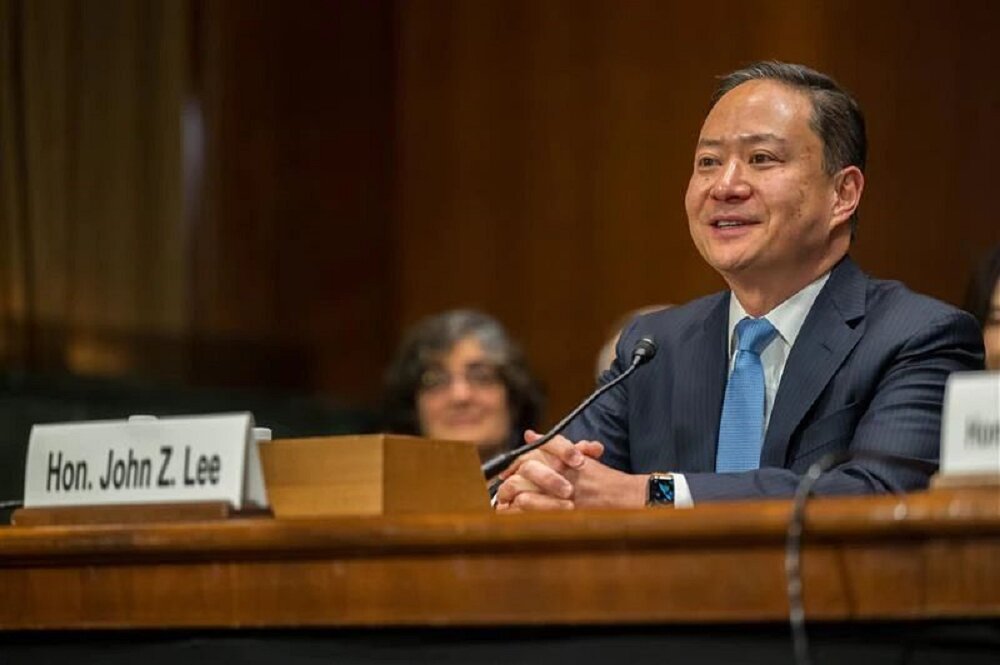Hawzah News Agency – U.S. Senate Republicans on Wednesday sharply questioned a judge nominated for a seat on a federal appeals court about his decision early in the COVID-19 pandemic to uphold a stay-at-home order by Illinois' governor that limited in-person church services.
U.S. District Judge John Lee, President Joe Biden's pick to serve on the Chicago-based 7th U.S. Circuit Court of Appeals, told the Senate Judiciary Committee that the right to freedom of religion was one of the "bedrocks" of the U.S. Constitution.
But Republicans accused Lee of treating houses of worship unfavorably by upholding Democratic Governor J.B. Pritzker’s March 2020 order, which limited gatherings to no more than 10 people at churches and other establishments to reduce the spread of the coronavirus.
Lee appeared at the hearing alongside U.S. District Judge Salvador Mendoza of the Eastern District of Washington, a nominee to the San Francisco-based 9th U.S. Circuit Court of Appeals. But Lee bore the brunt of Republicans' questions.
Senator Dick Durbin of Illinois, the committee's chair, defended Lee as an outstanding nominee who was "following the law that had been established" and whose May 2020 decision was upheld by the 7th Circuit.
But Republican Senator Josh Hawley of Missouri noted the U.S. Supreme Court in similar cases months later backed challenges by houses of worship to similar gathering restrictions in New York and California.
"The Supreme Court took a totally different view," Hawley said. "Help me understand how you looked at the same Constitution and came to a totally different conclusion. Why is it OK to single out religious people for disfavor?"
Lee, who would be the first Asian American to serve on the 7th Circuit, stressed his ruling was early in the pandemic and that he did not have the benefit of the Supreme Court's rulings.
At the time, he said, he considered the gathering restrictions "comparable" to those for schools that were forced to close and secular businesses deemed non-essential like movie theaters.
"Isn't it a little bit different, the right to bowl or watch a movie than what’s protected by the 1st Amendment?" Senator Mike Lee of Utah, who is not related, responded.
Lee, the nominee, said "clearly those activities are different," but he was looking at whether Pritzker's order treated secular activities similarly or differently than religious ones.
"If a case were to come before me now, I would examine the facts carefully in light of the standards the Supreme Court has more recently announced," Lee said.


Your Comment